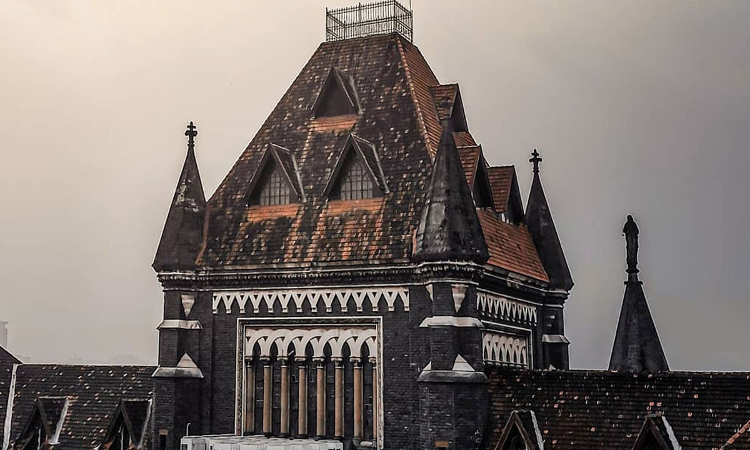Bombay High Court Pulls Up Maharashtra Govt Over Inadequate Mechanism For Enforcing Living Wills
Amisha Shrivastava
21 Jun 2024 9:15 AM IST

Next Story
21 Jun 2024 9:15 AM IST
The Bombay High Court on Thursday pulled up the state government for not establishing a sufficient mechanism to enforce living wills, highlighting the lack of a secondary medical board necessary for the execution of these directives.A division bench of Chief Justice Devendra Kumar Upadhyaya and Justice Amit Borkar was hearing a PIL filed by Dr. Nikhil Datar, a Mumbai-based gynaecologist,...
